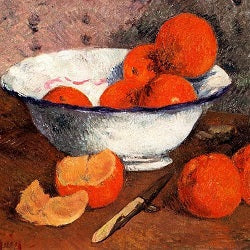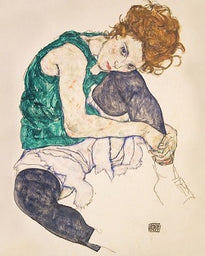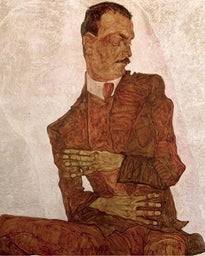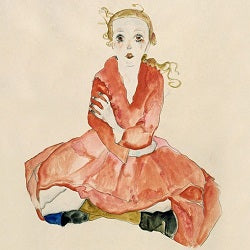WEATHERLAND :WRITERS & ARTISTS UNDER ENGLISH SKIES BOOK
THAMES & HUDSON - HARDBACK BOOK
The story of English culture over a thousand years can be told as the story of changing ideas about the weather. Writers and artists across the centuries, looking up at the same skies and walking in the same brisk air, have felt very different things. In a sweeping panorama, Weatherland allows us to witness cultural climates on the move. The Anglo-Saxons before the Norman Conquest lived in a wintry world, writing about the coldness of exile or the shelters they must defend against enemies outdoors. The Middle Ages brought the warmth of spring; the new lyrics were sung in praise of blossom and cuckoos. It is hard to find a description of a rainy night before 1700, but by the end of the eighteenth century the Romantics will take a squall as fit subject for their most probing thoughts. There have been times when the numbers on a rain gauge count for more than a pantheon of aerial gods. There have been times for meteoric marvels and times for gentle breeze. The weather is vast and yet we experience it intimately, which is why Alexandra Harris builds her remarkable story from small evocative details.
There is the drawing of a twelfth-century man in February, warming bare toes by the fire. There is the tiny glass left behind from the Frost Fair of 1684, and the Sunspan house in Angmering that embodies the bright ambitions of the 1930s. Harris catches the distinct voices of compelling individuals. Bloody cold, says Jonathan Swift in the slobbery January of 1713. Percy Shelley wants to become a cloud and John Ruskin wants to bottle one. Weatherland is a celebration of English air and a life-story of those who have lived in it. As we enter what may be the last decades of English weather as we know it, this is a history for our times.
N/A
Author: Alexandra Harris
Format: Hardback
ISBN: 9780500518113
Size: 159 x 236 x 41mm
Pages: 432
Publisher: THAMES & HUDSON
5-7 working days to Indian addresses. Please check pin code to confirm if we deliver to your location. For international delivery times please allow up to 3 weeks. For further details please refer to Shipping . If you don't like it we will be happy to give you a refund if you return the item within 14 days of delivery. For further information please refer to our returns policy. Returns.
Product Code: IDB-2833
Product Code:
IDB-2833




















